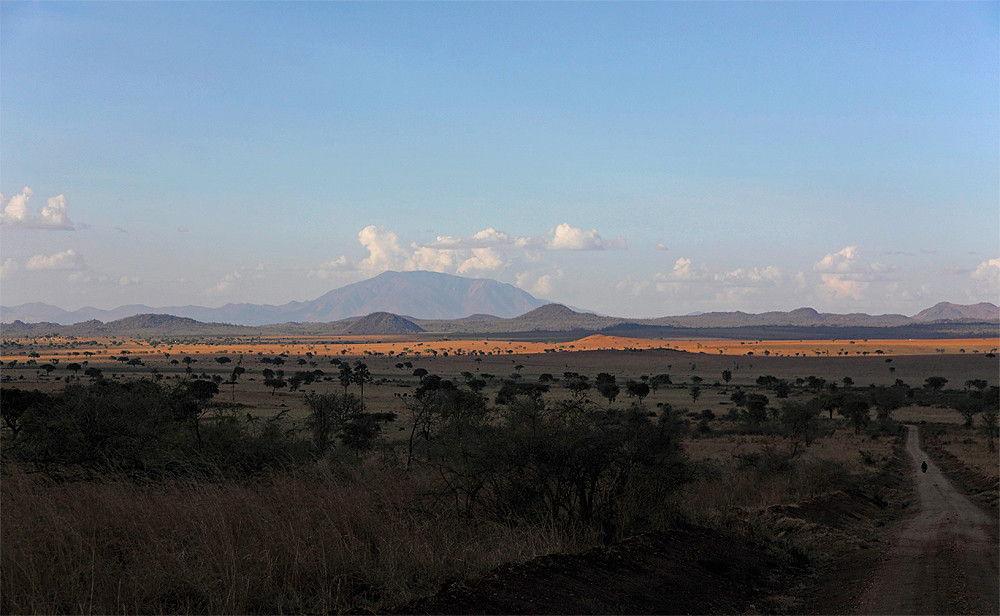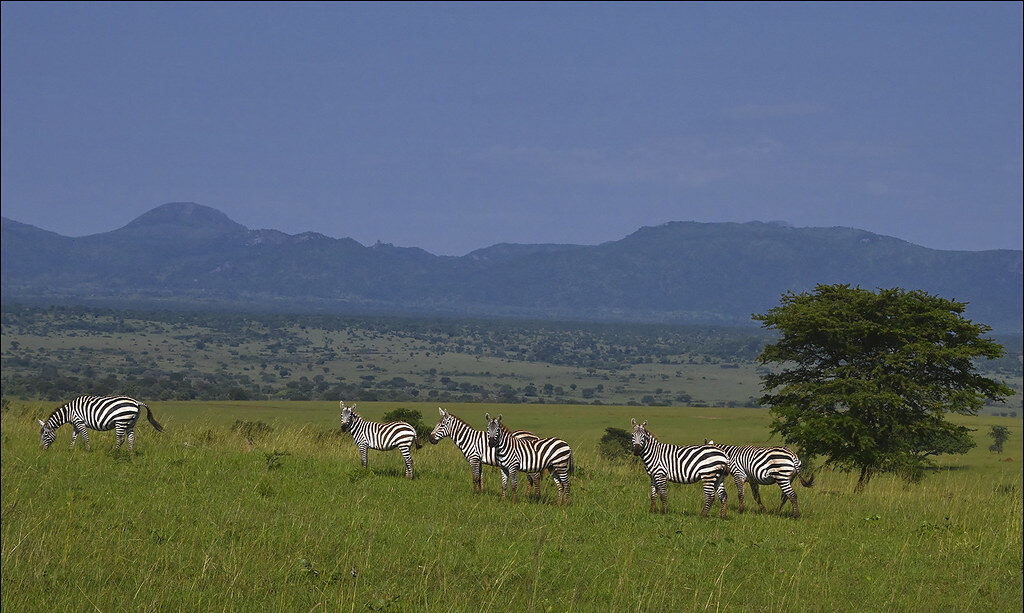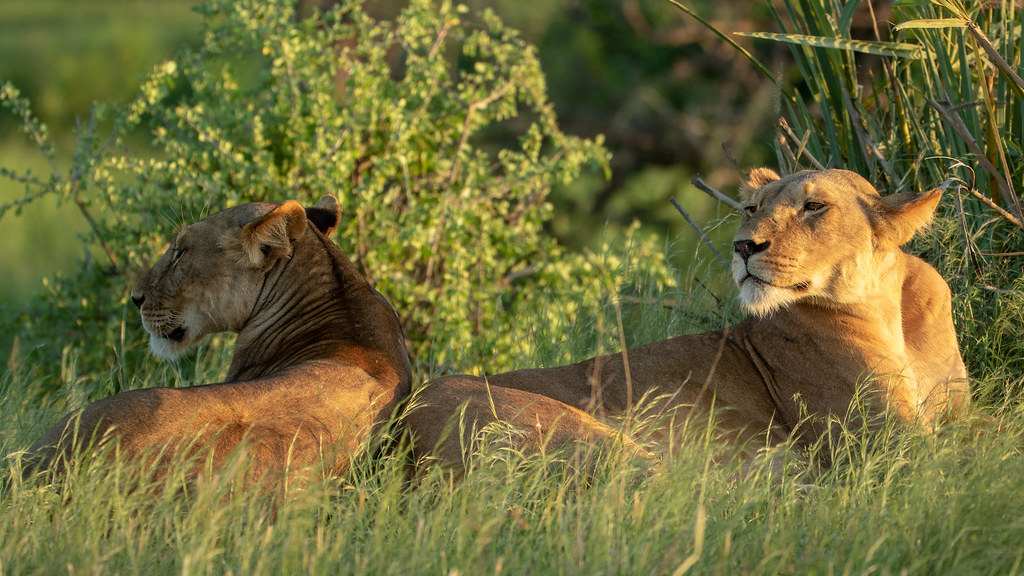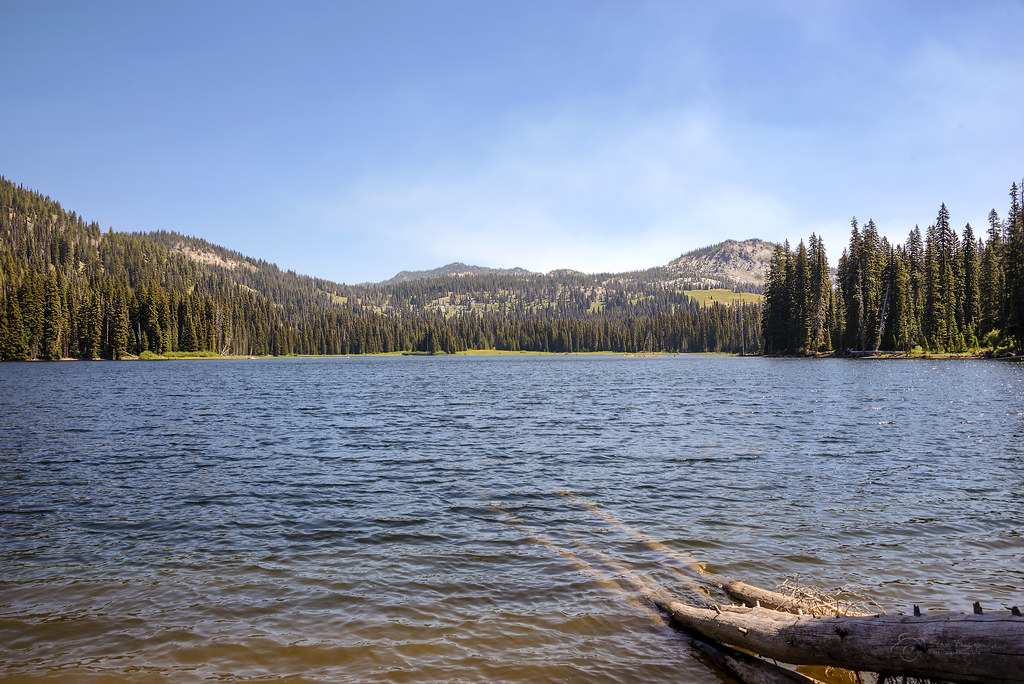
Guidelines for Safari in Kidepo Valley National Park
Guidelines for Safari in Kidepo Valley National Park
Safari Tips: Kidepo Valley National Park is situated approximately 700 kilometers northeast of Kampala. The quickest journey to Kidepo Valley National Park is a 2-hour flight from Kajjansi Airstrip, Kampala, or Entebbe International Airport. Safe road travel typically requires an average of 10 hours. A nocturnal halt in a town en route is advisable. Nonetheless, despite the distance, travelers embarking on a safari to Kidepo Valley National Park in Uganda encounter an unspoiled environment and uncover an ideal sanctuary for adventurous escapades.
Kidepo Valley National Park is a secure safari destination in Uganda. The traveler touring Uganda primarily engages with tourism service professionals or communities well-informed about the tourism industry. If any issues arise during the trip program, you can be assured of immediate assistance. Here are essential Safari Tips to adhere to during a visit to Kidepo Valley National Park:
The Karamoja region, home to Kidepo Valley National Park, is semi-arid. Daily temperatures average 27°C (81°F) and have occasionally reached 40°C. Visitors to Kidepo Valley National Park should be aware of a crucial safari tip: it is advisable to take lightweight cotton garments in muted colors. Vivid hues attract insects. Consume plenty non-alcoholic beverages prior to and throughout travel to maintain hydration. Prepare safari tent, cap, flip-flops, a pair of safari shorts, sunglasses, and sunscreen.

Malaria is the leading cause of mortality on the African continent, and the insects that transmit it thrive in warm regions. It is highly probable that tourists in Uganda do not encounter individuals afflicted by malaria. However, the presence of mosquitoes does not necessarily indicate the transmission of malaria. Exercise cautious; utilize insect repellent during the safari, have a malaria vaccination prior to travel, don long clothing particularly in the evening, and employ a mosquito net over your bed. Numerous hotels and safari lodges employ fumigation and implement additional preventive measures against mosquitoes.
A dress of little length is deemed improper in any context. This is a safari tip that will help you avoid difficulties. Certain rural African communities maintain traditional beliefs and exhibit conservative characteristics. Uganda is a multi-religious nation, with several groups adhering to the Islamic faith. Revealing attire is linked to a deficiency of ethics, attracts inquisitive gazes, and may lead certain persons to regard you with disdain. Ensure to maintain propriety.
Capturing trip photographs is delightful; it is an integral aspect of adventure, and these images invariably evoke enduring memories for the traveler. The individual in the snapshot may experience a different sentiment due to their ignorance of the aims. It is advisable to seek consent from the individual you intend to photograph. It is more courteous to include them in the photograph to eliminate any ambiguity. Be aware that they may not comprehend your language and may express themselves through impolite gestures. Ensure to consider these safari tips; otherwise, you may incite a fight.
It is very recommended to accompany a ranger guide for wildlife viewing safaris in the bush. They possess knowledge of contemporary wildlife sites, have field experience, and possess a wealth of intriguing information to convey. Heed their counsel. Nonetheless, on a personal level, the traveler must possess fundamental knowledge to ensure safety and mitigate threats in the outdoors. In the park, travelers are guests, while rangers serve as hosts. Attend to and adhere to the directives of the ranger guides. Their role is to direct and ensure visitors’ utmost comfort.
The fauna within the national park is untamed. Avoid proximity to them. An antelope may appear peaceful from a distance. It reveals its genuine ferocity when cornered and devoid of an escape route.
Maintain it in the vehicle at all times unless instructed otherwise by the ranger. Utilize the restroom prior to embarking on the animal viewing safari to prevent superfluous excursions behind the foliage.
Maintain a safe distance from animals during observation. The engine noise and oil odors disturb the animals. Approaching too closely may impede their trajectory and elicit an unpredictable response.
Wildlife in the national park possesses precedence. Exercise patience while they traverse the track. Honking the car horn incurs a substantial penalty. Driving amidst wildlife species such as elephants constitutes a perilous endeavor.
Maintain a low volume while witnessing an attraction to ensure the tranquility of wildlife. Elevating your voices disturbs nature, prompting them to seek refuge. Wildlife is vigilant regarding potential threats, of which you may be one.
During a bushwalking adventure, maintain proximity to the guide, preserve a consistent distance, avoid clustering, and go in single file behind the ranger.
If wildlife approaches aggressively, remain stationary. Do not attempt to flee, lament, or exhibit any shows of fear. The fauna will withdraw serenely. If it does not withdraw, gradually go backwards and avoid turning your back on nature.
Extinguish the fire at the campsite upon departure. Do not leave food items in the tent, as they attract wildlife. Ignite a fire throughout the night to deter wildlife.


